A Guide to Eco-friendly Terms
Eco-friendly, sustainable, biodegradable, compostable… Eco-conscious marketing is on the rise, which means we can now find a lot of different green terms on all sorts of products and services. Words matter – marketing teams (oh, hello!) know that all too well, so reinforcing green statements on branded products is a good way to show our efforts to eco-conscious shoppers. However, there are many, many terms on the market, so it’s no wonder it’s getting a bit confusing.
But what is the difference between biodegradable and compostable? Or between carbon balanced and offset? Don’t worry, we’re here for you with a little guide to all the different eco-friendly terms!
1. Environmentally Friendly
The easiest of all terms, but also the broadest: environmentally friendly, or eco-friendly for short. This word describes that one aspect of the product or the service – no matter how small – is less impactful on the planet’s ecosystem than similar products.
Let’s say you buy a big chippy that comes in a plastic cup and plastic cutlery, wrapped in a plastic bag. But what’s this? The cutlery is made from a non-toxic material that would otherwise harm the planet? Yeah, that’s already eco-friendly. But don’t worry! Most brands try to go the extra-mile when it comes to advertising eco-friendliness and don’t try to greenwash.
2. Biodegradable
Biodegradable means that the product can break down naturally through bacteria and other microorganisms. Biodegradable products – even biodegradable plastic – also do not cause any harm to the environment by disintegrating, i.e., polluting waters or the ground.
They’re basically reabsorbed by nature – however, that takes a bit of time, and it might add to the methane production caused by overflowing landfills. Another thing to note: the emphasis of biodegradable products breaking down is on eventually and under the right conditions. While still a much better option than normal products, there’s a slight difference in how effective different biodegradable materials are.
At the Cheeky Panda, we aim to use the highest standard of biodegradable materials that cause no harm to the environment and break down quickly.
4. Compostable
Just like biodegradable products, compostable products break down without leaving a harmful effect on the environment.
However, the bonus of compostable products is that not only they break down much quicker (somewhere between days and a handful of weeks) but also can be thrown together with other compostable by-products, such as food waste, and return to the earth as fertile soil! That’s why The Cheeky Panda has developed plastic-free baby wipes, which can be thrown into the compost bin without causing any further waste that might harm the environment.
4. BPA free
BPA stands for Bisphenol A, a chemical agent that can be found in certain types of plastic. Studies have shown that BPA can cause certain health risks, i.e., leaking into drinks from plastic bottles containing BPA, which is why more and more, products containing plastic are opting for BPA free materials.
Don’t know if your bottle contains BPA? Check for recycle codes - plastics that contain BPA are usually classified with number 3 or 7.
5. FSC certified
FSC stands for the Forest Stewardship Council, a non-profit organization that promotes responsibly sourced wood through certified forests who meet their standards.
FSC uses 10 strict principles forests need to meet to own certification, such as maintaining and enhancing social and economic wellbeing of workers and local communities, uphold the legal and customary rights of indigenous people or avoid a negative environmental impact, among others. Product with the FSC-certified symbols are made from materials sourced from an FSC-certified forest, making them environmentally friendlier than products without certification.
All The Cheeky Panda products are sourced from sustainable sources and FSC-certified.
6. Recyclable
This one should be easy, right? Not quite! As you probably know, ‘recyclable’ means a material can be broken apart in its parts and reused. However, not all parts might be recyclable, and not everywhere! Meaning, if your local landfill does not have the capability to recycle the product… it will not be recycled.
This symbol also describes items that have been made from materials that did make it through recycling.
7. Upcycling
Upcycling is a fancy new word that’s becoming more common as vintage stores continue to rise in popularity. Upcycling means the reuse of old products – such as buying used clothes or furniture and giving them a little do-over.
8. Renewable
Renewable describes a material that comes from a source that can be replaced, effectively meaning that there’s no impact on the environment through depletion. For example, wind and solar energy are inexhaustible renewable resources, but trees for paper production are not.
That means that our environment may struggle if we don’t make efforts to make sure we balance those resources, such as through promoting reforestation. This is why we make our products from bamboo, because not only does it grow much faster than normal trees, but also regenerate from its roots – and therefore renews itself.
9. Sustainable
When it comes to the word “sustainability” there’s no universally accepted definition – it's more of a “concept” brands work with. In short, it means that, when a company offers certain products or services, they aim to provide them in a way they can sustain and support our ecosystem without causing further harm. This means that the planet can endure the production of the products and services for an indefinite period - a balance between the depletion of resources and the Earth capability to renew these resources in time.
However, nowadays “sustainability” isn’t just used to define a balance any more, but in a way that actively supports and builds up our planet’s environment, meaning promoting “improvement” in favour of just the “status quo”.
10. Carbon Balanced
Every company produces carbon emissions. However, to avoid aggravating the climate crisis, some companies opt to “balance out” all unavoidable emissions that occur at any step of the manufacturing chain by supporting organisations that fight against climate change through different means.
For example, The Cheeky Panda balances emissions by donating to World Land Trust, where we help to plant trees to absorb emissions from the atmosphere and protect the rainforests in the Annamite Mountains in Vietnam.
If you want to know more on how The Cheeky Panda reduces their environmental pawprint (see what we did there?)? you can check out our Sustainability Report here.
11. Carbon offset
Carbon offset describes the action of balancing emissions. However, depending on the amount of emissions, a company that offsets emissions isn’t necessarily carbon balanced.
Many flight companies offer customers the option to offset their own share of emissions caused by the trip through a donation; these donations are voluntary, and not necessarily used by every passenger. Neither the whole flight, not the company is carbon balanced, but the customer has offset their own share of the carbon emissions. And that’s still something, right?
What do you think of these terms? Do you know others we should include in our list?
Let us know in the comments!













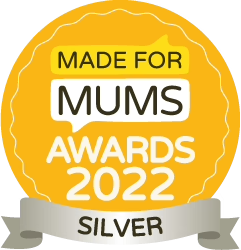


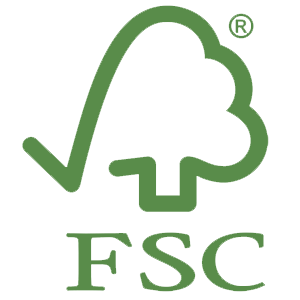
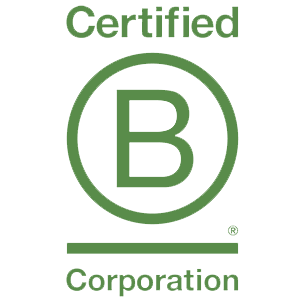
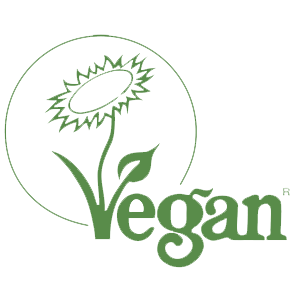
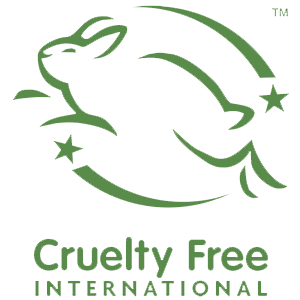
Leave a comment